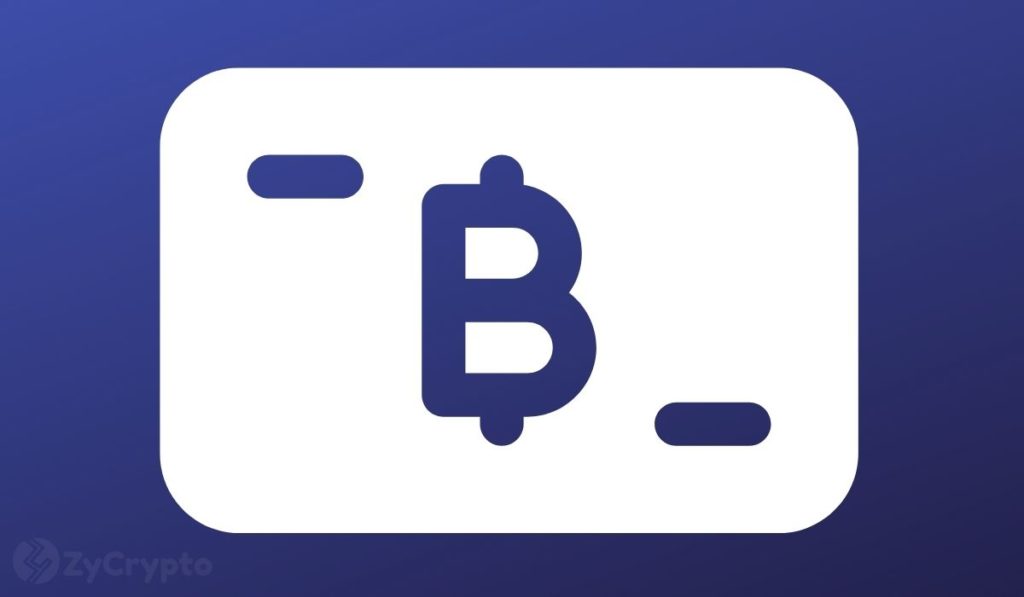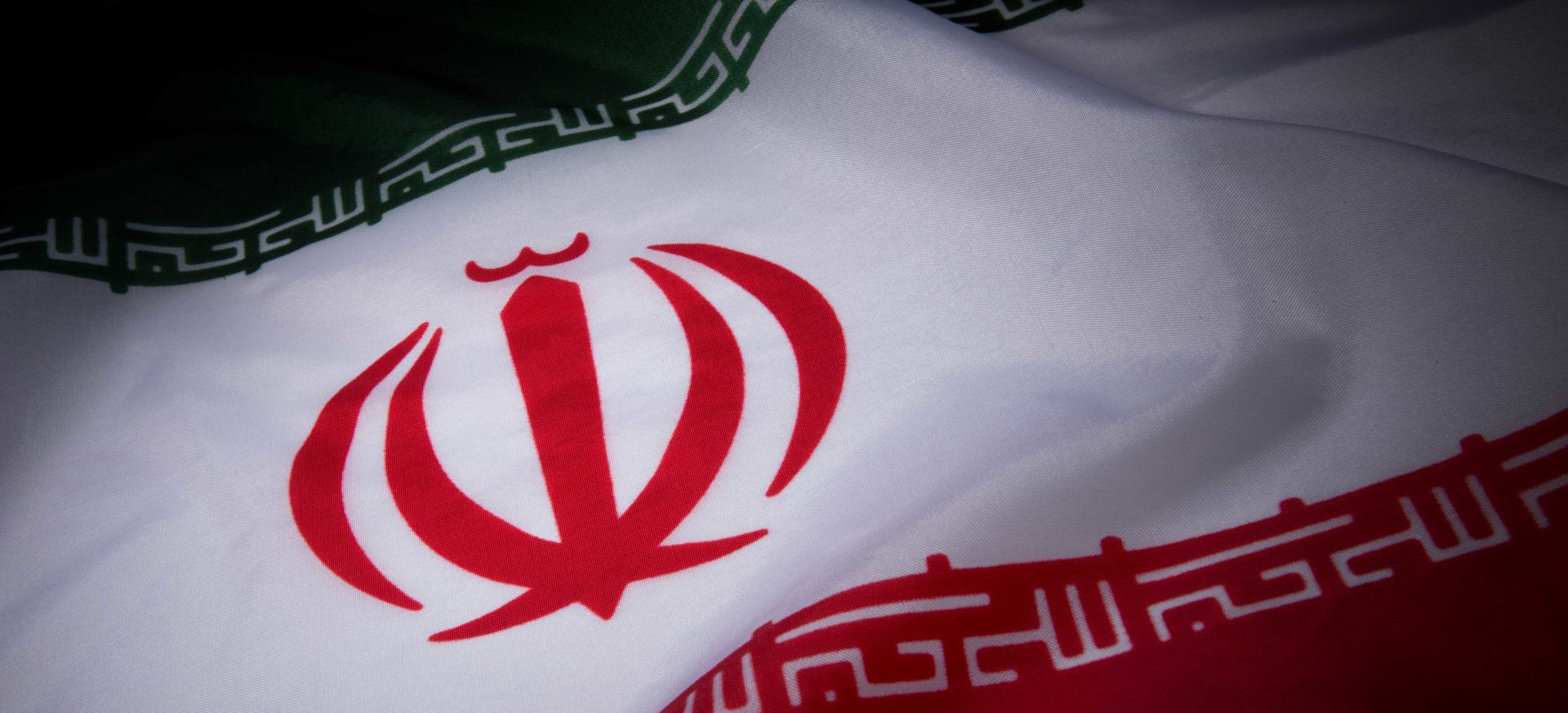2018-10-15 18:21 |
Bitcoin Will Not Be Accepted As Legal Tender By Zambian Central Bank, Leaving Investors To Fend For Themselves In The Event Of Market Failure
According to an announcement on October 12th, cryptocurrencies are not being considered legal tender within the borders of Zambia. Though most investors are already aware that the crash of the market would only leave themselves to blame, that isn’t actually the reason for the establishment of this rule. Instead, the bank has noted that they have a responsible to the local currency to promote it instead.
Realistically, the Bank of Zambia (BoZ) realizes that there’s no power over the cryptocurrency market to shut it down in the country, nor do they have a reason for it. The parliament has decided to allow cryptocurrency in the country, but that doesn’t mean that they have the ability to control it. The only way to ban it fully is for Parliament to take action to amend the law and claim authority over cryptocurrency.
A Zambian economist, Chibamba Kanyama, spoke with news.Bitcoin.com and said,
“The bank has no legal provision for regulation of the (digital currency) market. The crypto market developed well after the BoZ Act was instituted and there has been no effort on the part of government to revise it. Even if the act was revised, the bank would end up being publicly liable for something that is outside its domain. This means the BoZ is in order to provide this disclaimer and guidance to the Zambian market.”
The new statement says that anyone who decides to engage with crypto trading or investments of any kind would have to do it with the understanding that they don’t have any recourse with the government. Even though they admitted that the cryptocurrencies offered by the market had “some monetary characteristics, such as, being used as a means of payment on a person to person basis, cryptocurrencies are not legal tender in Zambia.”
The regulator in Zambia suggests that the use of digital currencies puts the economy at risk of “money laundering, financing activities of terrorism and general consumer protection risks such as fraud and hacking.” Investors in the area can take solace in the fact that these assumptions are due to the actions that the bank has seen other areas go through, rather than their own.
In the statement, the company decided to include a portion of the BoZ Act, which says that the entity “vests the right to issue notes and coins exclusively” to it. There are many references included in the statement, where regulators say,
“Firstly, Section 30 of the Bank of Zambia Act vests the right to issue notes and coins exclusively in the BoZ. To date, BoZ has not issued any form of cryptocurrency. Cryptocurrencies are not legal tender in the Republic of Zambia.”
However, the bank itself
“does not oversee, supervise nor regulate the cryptocurrency landscape. Consequently, any and all activities related to the buying, trading or usage of cryptocurrencies are performed at owner’s risk.”
The cryptocurrency market is still new in Zambia, but there still hasn’t been a digital currency exchange established there. The majority of investors in the country are getting their digital coins from peer-to-peer exchanges with permission to serve in the area and from online exchanges, making their purchases with globally accepted bank cards. The Securities and Exchange Commission in Zambia has established that there’s no way to specifically classify these assets as securities or commodities, based on the current laws. However, that’s why the government has decided to warn the rest of the investors in the area.
Kanyama has commented that the local community seems to be desperate to use cryptocurrency, considering the worsening conditions in the economy. Consumers are pushing into the cryptocurrency market to help protect and shield themselves to survive this time. Kanyama explained,
“Zambians have been desperate on profitable investment vehicles for lack of a liquid stock market.”
He continued, saying,
“Others are seeking for high interest or high yield investment vehicles from across the country such as offshore accounts. This is because interest rates on savings from commercial banks are below the inflation rate. The crypto market is the latest one and seems to have attracted a number of investors, some of them civil servants and retirees seeking to reinvest their pensions.”
The Bank of Zambia is one of the many establishments within Africa that is advising their customers to protect themselves, but the reason for their press release still comes back to self-preservation. Based on what they’ve said, they also hope to “to safeguard the interests of members of the public and to maintain the integrity of the financial system.”
The kwacha, which is the Zambian currency, removed three zeroes back in 2012, and the downward trend in value has continued ever since, though this economy still ranks the 105th largest in the world. In September, the economy saw the lowest point in three years, trading at 11.025 against the dollar in the United States. It didn’t take long after that for the economy to grow nervous.
The BoZ said,
“Regulation should not constrain but enable innovation. [We] will continue to actively monitor all developments [in the crypto markets].”
origin »Bitcoin price in Telegram @btc_price_every_hour
Time New Bank (TNB) на Currencies.ru
|
|























